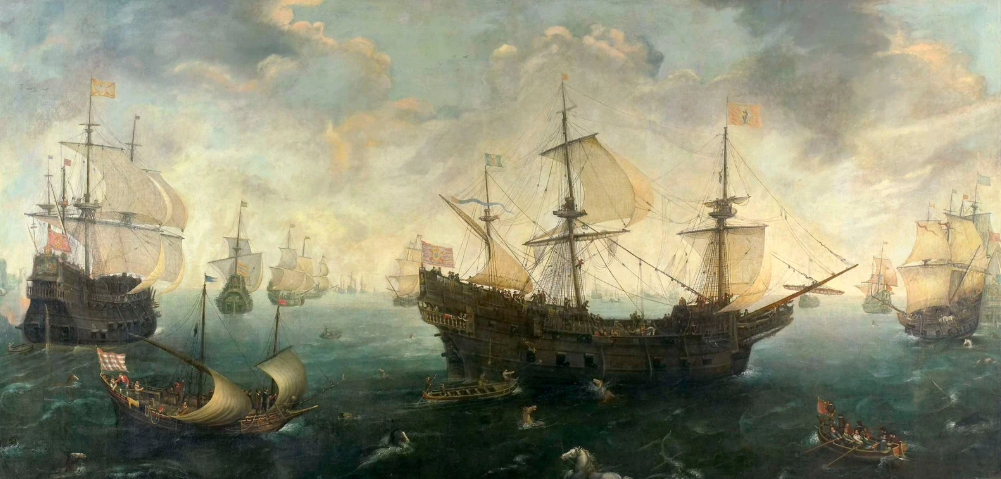In 1684, a respected British sea captain named Joseph Bannister did something unthinkable. After years of faithful service to the Crown, commanding merchant ships across treacherous waters, he turned pirate – stealing his own vessel in a dramatic act of rebellion that shocked the maritime world.
But this wasn’t just another tale of greed or adventure. Bannister wasn’t seduced by the promise of Spanish gold or the thrill of outlaw life. He was chasing something far more seductive, something that still lures leaders to their doom today: the promise of perfect democracy.
I discovered this fascinating story in Robert Kurson’s “Pirate Hunters,” a gripping account of modern-day treasure hunters searching for Bannister’s lost ship. As they pieced together his story from centuries-old records and Caribbean wrecks, I recognized a pattern that haunts organizations today – the fatal attraction of giving everyone an equal vote.
You see, pirate ships of the Golden Age operated under a radical system of workplace democracy. Every crew member had an equal voice. Every decision required consensus. No rigid hierarchies, no orders from above. Just pure democratic rule on the high seas. For a captain tired of the Royal Navy’s strict command structure, it must have seemed like a dream.
But here’s what modern organizations get dangerously wrong when they romanticize this idea of perfect democracy: Even on Bannister’s ship, where every man supposedly had an equal vote, he never lost his position as captain. The crew’s votes showed remarkable uniformity. Natural hierarchies emerged. Experience commanded respect. The loudest voices swayed the quiet ones.
Today’s business schools and leadership programs preach the gospel of flat organizations and consensus-driven decisions. We’re told to eliminate hierarchy, to make every voice equal, to let the group decide. We create:
- Teams where no one owns decisions but everyone must agree
- Structures that pretend natural hierarchies don’t exist
- Processes where simple choices die in committee
- Cultures where accountability dissolves into group consensus
The results are predictably disastrous:
- Innovation paralyzed by endless stakeholder input
- Bold ideas watered down to please everyone
- Swift action buried under layers of discussion
- Leaders afraid to lead, hiding behind consensus
Bannister’s end was stark. Captured along the Mosquito Coast and brought to Jamaica aboard a ship named the Drake, he learned the final cost of chasing democratic mirages. Without trial or ceremony, he was hanged from the ship’s yardarm, his body thrown into the Caribbean Sea – a brutal reminder that abdicating leadership doesn’t lead to utopia, but to chaos.
The treasure hunters in Kurson’s book were searching for gold, but they uncovered something else of value: a timeless warning about the false promise of perfect democracy. Whether in the Caribbean of the 1680s or the corporate boardrooms of today, strong leadership isn’t about giving everyone an equal vote. It’s about having the courage to own decisions while creating structured ways for voices to be heard.
Our universities and management consultants have led us astray. Inclusion doesn’t mean equal decision rights. It means ensuring perspectives shape choices without paralyzing action. Leadership isn’t about eliminating hierarchy – it’s about wielding authority wisely.
The next time you’re tempted to put every decision to a vote, remember Bannister. Strong leaders don’t abdicate their responsibility to lead. They create frameworks for input while maintaining clear ownership of decisions.
After all, you don’t want to end up hanging from the yardarm of your own good intentions, another victim of the democratic mirage that continues to seduce leaders today.

